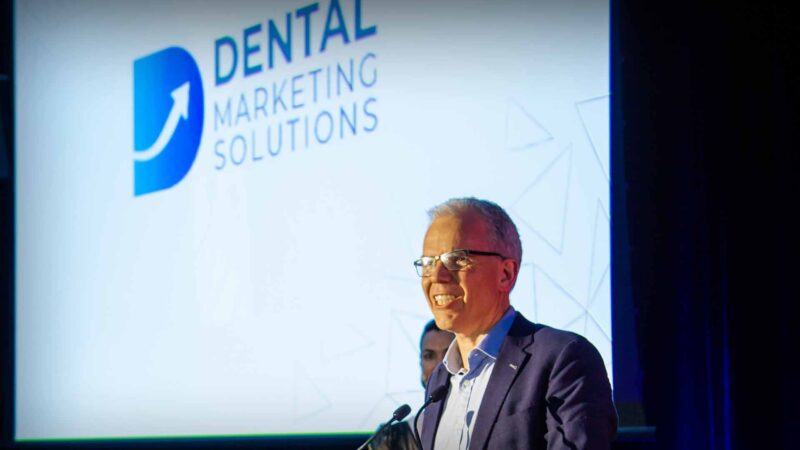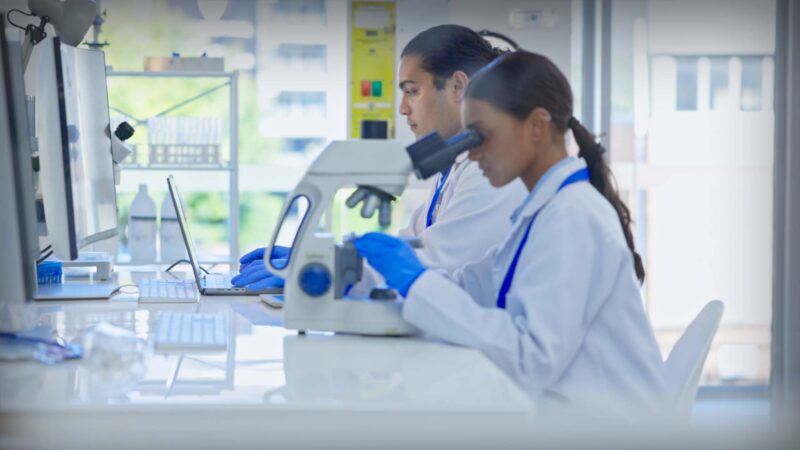According to a prominent paramedicine academic and researcher, paramedics have the potential to provide much-needed care in the community, changing the traditional healthcare model. Research points to paramedics having a wider healthcare workforce impact based on their ability to identify and fix problems 24/7.
Dr. Brendan Shannon is Head of Postgraduate Programs in the Department of Paramedicine at Monash University and a member of The Australasian College of Paramedicine. His interests including refining healthcare models, to ensure underserved communities receive requisite care. These alternative care pathways, like outreach programs, can work out of hospitals to provide care in underserved communities with social and complex chronic conditions.
Dr Shannon states, “Paramedics can be utilised in a proactive outreach manner, not just responding to emergency calls, to provide care to those who need it most. The role of paramedics needs to further evolve to see patients with chronic diseases so that they don’t end up in an emergency situation, rather than only responding to emergencies.”
Dr Shannon is a registered paramedic and academic innovating new education programs and paramedicine models of care and career pathways – including as the Education lead of the $20.3 million Australian-first Paramedic Practitioner Program being delivered by Monash University in partnership with Ambulance Victoria and Safer Care Victoria.
Australian Health Journal met with Dr Shannon to health about his research in alternative care pathways and community medicine, involving paramedic roles.
You Might also like
-
Dental marketing insights from leading authority
Winning the Australian Dental Industry Award for Marketing has had a big impact to Dental Marketing Solutions. As Angus comments in closing, “Receiving the award is social proof to say, well, these guys must know something, because an independent body of their peers has assessed them and said”. He added, “Certainly it’s been good in terms of building our business.”
-
Developing the next generation of medicines to target and enhance the microbiome
Australian Health Journal spoke to Associate Professor Sam Forster, Research Group Head
Microbiota and Systems Biology, Hudson Institute of Medical Research, Team Leader, Australian Microbiome Culture Collection & Chief Scientific Officer, BiomeBank and Dr Sam Costello, Co-Founder and CEO of BiomeBank about the microbiome, partnering and some of the breakthroughs in recent years. -
New clinical research entity first to operate across both Australia and New Zealand
Over the past 30 years, 18,000 clinical trials that have been registered in Australia, with the sector contributing $1.4 billion to Australia’s economy annually. Trials are a critical aspect of evidence-based medicine, and are essential for testing how new treatments, tests and vaccines will work. In New Zealand they contribute $146 million to the New Zealand economy.
To capitalise on this unique position and growth, a coordinated multi-site clinical research operation was missing, until now.



